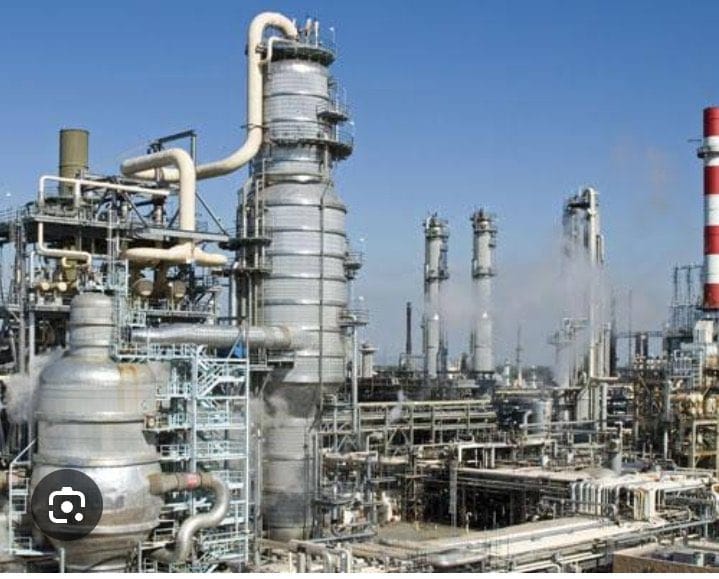The Warri Refining & Petrochemicals Company (WRPC) in Delta State has officially resumed operations, marking a significant milestone in Nigeria’s oil and gas sector. The refinery is currently operating at a capacity of 125,000 barrels per day (bpd), a development that underscores the country’s commitment to revitalizing its refining capabilities.
The announcement was made on Monday by Mele Kyari, the Group Chief Executive Officer (GCEO) of the Nigerian National Petroleum Company Limited (NNPCL), during a visit to the facility. Kyari, who was leading a team on a tour of the refinery, provided key insights into the progress of the plant’s operations. He emphasized the importance of restoring functionality to the country’s local refineries, which have long been plagued by underperformance and technical challenges.
Addressing the gathered officials and personnel, Kyari expressed optimism about the plant’s potential. “We are taking you through our plant. This plant is running. It is not 100 percent. We are still in the process. Many people think these things are not real. They think real things are not possible in this country. We want you to see that this is real,” he stated, highlighting the tangible progress that has been made in the refinery’s rehabilitation.
Kyari’s statement was part of a broader effort to demonstrate the President Ahmed Bola Tinubu administration’s commitment to improving the country’s refining infrastructure. Over the years, Nigeria has struggled with inadequate local refining capacity, relying heavily on imports to meet domestic fuel demand. The restart of the Warri Refinery is seen as a critical step toward reducing the country’s dependence on foreign-refined products and improving the efficiency of its oil and gas sector.
The tour of the facility also included prominent industry figures, such as Farouk Ahmed, the Chief Executive Officer of the Nigerian Midstream and Downstream Petroleum Regulatory Authority (NMDPRA). Ahmed, whose agency is responsible for regulating Nigeria’s midstream and downstream petroleum activities, joined Kyari in inspecting the plant’s operations and assessing the current state of its machinery and equipment.
The Warri Refinery, which has been dormant for several years, has faced numerous challenges related to aging infrastructure and technical setbacks. However, the resumption of operations is a positive signal for Nigeria’s oil and gas industry, as it seeks to revitalize its domestic refining capacity and boost local production of refined petroleum products.
While the facility is not yet operating at 100 percent, the 125,000 bpd output is a notable achievement, signaling that further improvements are on the horizon.
The Nigerian government’s efforts to rehabilitate and upgrade its refineries, including the Port Harcourt Refinery and now Warri plant, come amid ongoing challenges in the country’s oil and gas sector. These efforts are part of a broader strategy to enhance Nigeria’s refining capabilities, reduce the country’s reliance on imported fuel, and create more jobs within the local petroleum industry.
As the Warri Refinery continues its operational recovery, stakeholders remain hopeful that its success will encourage further investments in other refineries across the country, contributing to the overall growth of Nigeria’s energy sector.
